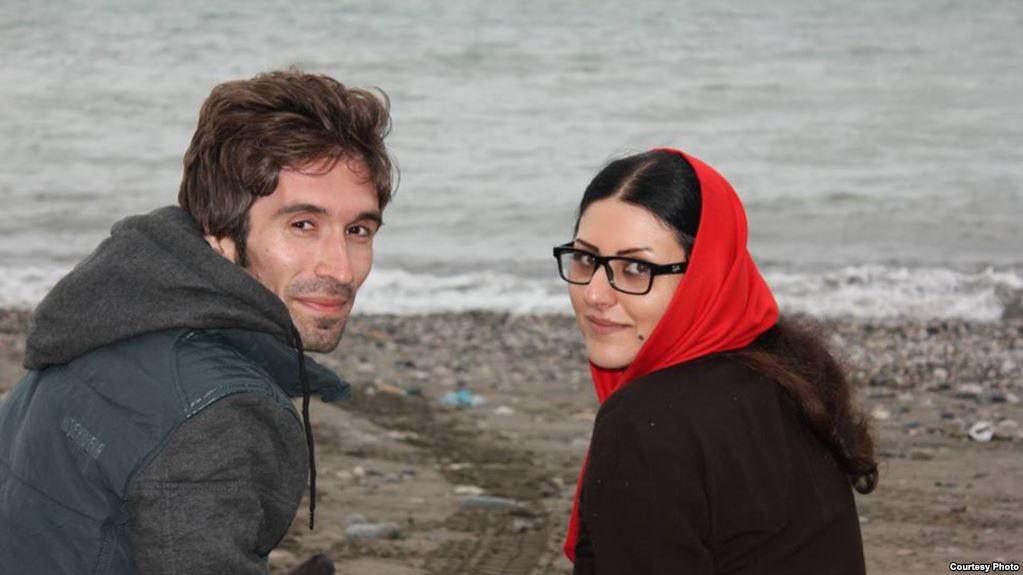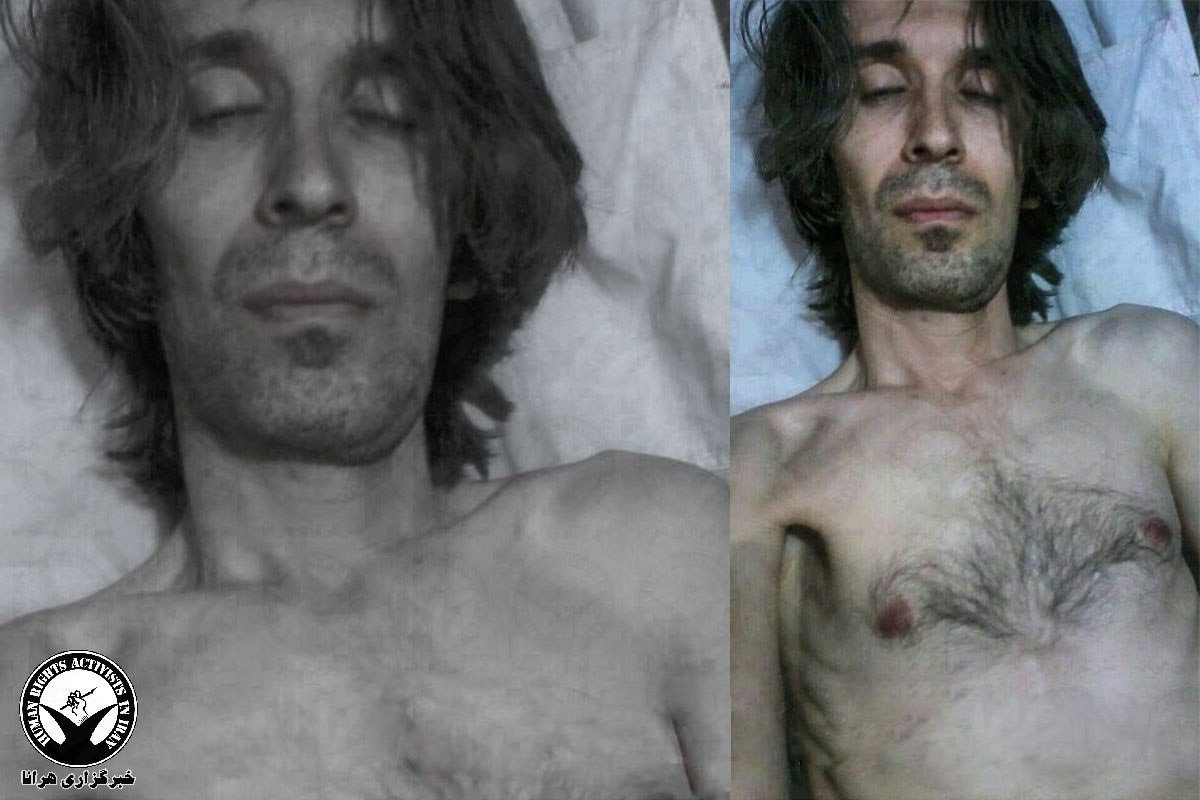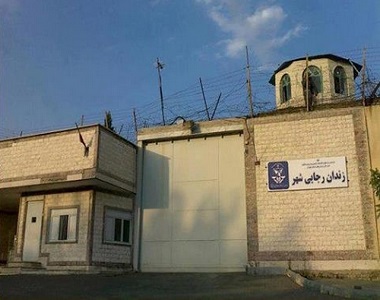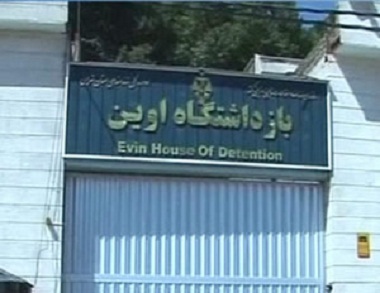Human Rights Activists News Agency (HRANA) – Arash Sadeghi, a human rights activist imprisoned in Rajai Shahr Prison in Karaj, underwent a critical operation on September 12th for malignant bone cancer at Imam Khomeini hospital and was returned to prison just three days later, against the orders of his doctor.
According to an informed source, an individual introducing himself a judicial official insisted on the early transfer against the clear orders of doctors.
Sadeghi’s doctor had instructed that he be hospitalized under close medical supervision for at least 25 days following a very difficult surgery, said the source. According to the source, the doctor explained that Arash needs to stay in the hospital as he requires a medical team in case of stroke, infection, or severe fever. Furthermore, the medical team needs the 25 days to determine whether a patient will require chemotherapy, radiation therapy, or additional surgery.”
A source with information about Sadeghi’s condition told HRANA that specialists had determined Sadeghi needed to be hospitalized three days prior to his surgery, due to an irregular heartbeat and severe weakness, so Sadeghi could be prepared for the intensive surgery through proper nutrition and vitamin injections.
The surgical department had contacted the prison several times on September 8th, asking for Sadeghi’s transfer. Prison officials claimed, however, that the prosecution office had not issued the necessary permits for his early hospitalization. Just one day remaining until his surgery, the authorities finally transferred Sadeghi to the hospital on September 11th.
The source added that there was a heavy presence of plainclothes agents, whose organizational affiliation was unclear, in the cancer department of the hospital since early Tuesday, before Arash arrived.
Sadeghi’s surgery time had been given to another patient due to his late transfer, however, the doctor responsible for Sadeghi reportedly managed to secure an operating table. Sadeghi underwent a 7.5-hour operation, beginning on the morning of Wednesday, September 12th. Doctors removed a bone tumor from his right arm and collarbone, and samples were collected from areas suspected of metastasis, such as his rib cage and underarm. Bone taken from his pelvis was mixed with platelets and special [injectable] cement to replace the removed sections of his arm bone.
The source said that agents imposed restrictions on Sadeghi from the moment the surgery ended, thus complicating his recovery process. They prevented his stay in the recovery room as required by post-surgery procedure.
“While he was still unconscious, they handcuffed and shackled his left hand and leg, and blockaded the area around his bed, a move that prevented his doctor’s required constant checkups, and which was protested by his doctor,” the source said.
According to the source, Sadeghi suffered from wounds similar to bedsores from having to lie on his back due to handcuffs on one hand and operation bandages on the other.
Sadeghi was allowed to use the bathroom only three times a day, accompanied by three agents each time. The inhumane conditions and the restrictions imposed on Sadeghi provoked negative reactions from the hospital staff, and in several cases led to verbal altercations between them and the security agents.
Arash Sadeghi was not allowed any visitors during his stay at the hospital. His wife, Golrokh Iraee, remains imprisoned at Evin Prison serving a six year sentence.













